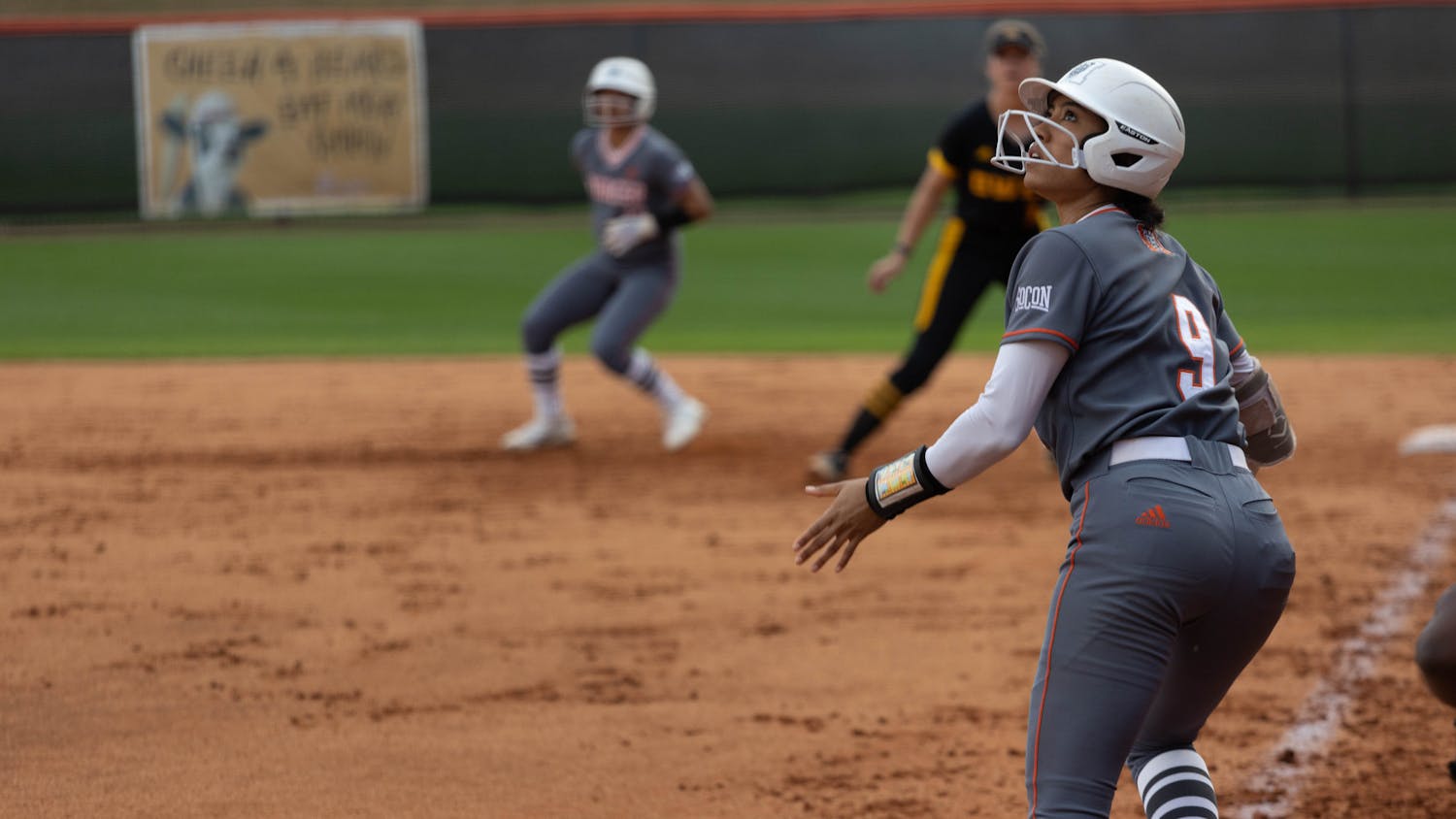As the Major League Baseball playoffs approach quickly, more teams than ever are still in the mix for a postseason appearance. This has a lot to do with the new playoff bracket system being used by MLB this year due to the 60-game season. Here’s how the new playoffs for baseball will work and some of the pros and cons of the brand new look.
Who gets in?
Instead of the tradition 10-team playoff format fans have been accustomed to since it was introduced in 2012, MLB will put a 16-team format into place, as outlined by ESPN. The 16-team template will feature eight teams from the National League and eight from the American League, including the winners of each division: East, Central and West in both NL and AL.
The big kicker here is that the second place teams from each division will make the playoffs as well, a development that drastically changes the landscape for the entire league. There will also be two additional Wild Card teams in the NL and AL that are granted a postseason berth based off of win-loss record.
Due to the increase to eight teams per league, the Division Series games won’t be the first playoff matchups we see. Instead, there will be four separate best-of-three series in each league, then the four winners will participate in the Division Series. After those initial matchups, the postseason will proceed in the same fashion it has since the Division Series was introduced in 1994.
While the first set of games will occur in the higher seeded teams’ home stadiums, all playoff games from the Division Series and onward will be played within a “bubble” similar to the ones used by the NBA and NHL. The NL bubble will be located in both Houstin and Arlington, Texas, while the AL will be located in San Diego, both according to CBS Sports.
So these are the teams that make the playoffs this season as we enter the final week of the regular season in late September. But what does this new, short season adjusted bracket mean for baseball this year and in the future?
What does this improve?
This one has an easy, obvious answer: more baseball. There will be at least two games in every one of those best-of-three matchups, and there’s eight of those total. That’s a guarantee of at least 16 additional broadcast baseball matchups on top of the traditional DS, Championship Series and World Series games fans will get to see.
If you’re a baseball fan, this is obviously fantastic news in the short term. But if you’re MLB Commissioner Rob Manfred, this means something even more important for the future of the game: more revenue. Since MLB teams have not allowed fans this season, the league has to try and make back as much revenue as possible after not having ticket sales to help fund teams.
More games not only means more networking deals and more sponsorships, but more raw exposure for more teams. If a team like the Miami Marlins, a squad projected to flop this year that is now fighting for a playoff spot in the NL East, can make the playoffs, then they can market themselves as a contender and make strides as an organization.
How does this hurt certain teams or the entire league?
The new playoff system is not without its flaws, though. One major problem lies in the small sample size of those best-of-three series to open the postseason.
Take a team like the Los Angeles Dodgers, who have been dominating the NL West and own a Major League leading 38-15 record as of Sept. 20. The Dodgers will have to play a team who have barely scraped into the playoffs as the eight and last place seed in their opening round playoff series.
But what if Los Angeles loses just two measly games and are completely eliminated from World Series contention as a result? This has been a season rampant with small sample sizes, but three games for a playoff series is particularly low. It’s entirely possible that the Dodgers could lose to a hot Wild Card team.
While some fans might see this as a pro rather than a con, it will undoubtedly be a cause for controversy throughout the league. The upsets will be exciting if they happen, of course, but the what-ifs may haunt certain powerhouse clubs for years to come.
Speaking of small sample sizes, the number and variety of teams played for each club could play a negative role in the postseason this year as well. A great example of the schedule anomaly this season is the Chicago White Sox status.
The White Sox have fielded one of the most exciting, young lineups this year, notching a 34-18 record as of Sept. 20 and dominating their home AL Central division. While the Sox have been dominant, they have faced the problem of facing limited opponents.
Because of COVID-19 protocols, each team has been limited to playing teams only within their own Central region. For the Sox, this means a disproportionate amount of games against bottomfeeders like Kansas City and Detroit, teams that have provided little resistance to Chicago’s high-powered offense.
While this is great for the White Sox’s record, it means they lack experience against teams like the Tampa Bay Rays, who are in the AL East. The Rays, who boast a 35-19 record, have had to face a slew of powerful offenses that includes the Yankees, Braves, Blue Jays and Phillies. But the Sox have played mostly middling teams this year so will they be able to handle a squad with the experience of Tampa Bay in the postseason?
With all these questions about the postseason in mind, teams across the league will fight for a spot in the new playoff format to conclude the regular season at the end of September. According to CBS Sports, the MLB Postseason will officially begin on Sept. 29.
Micah Johnston ‘22 is a journalism and media studies double major who has written for The Cluster since his freshman year at Mercer. He has written on and reported for Georgia Public Broadcasting, The Macon Telegraph and The Macon Newsroom on a variety of topics. He received the Center for Collaborative Journalism’s Junior Honors Award for the 2020-2021 academic year. Micah’s other interests include obsessively following Braves and Mariners baseball, constantly listening to all kinds of music and probably eating junk food.





